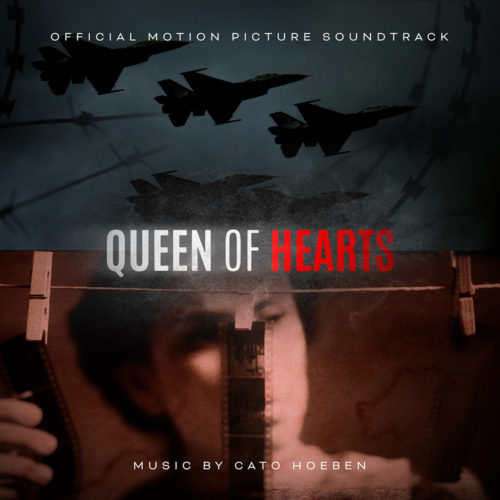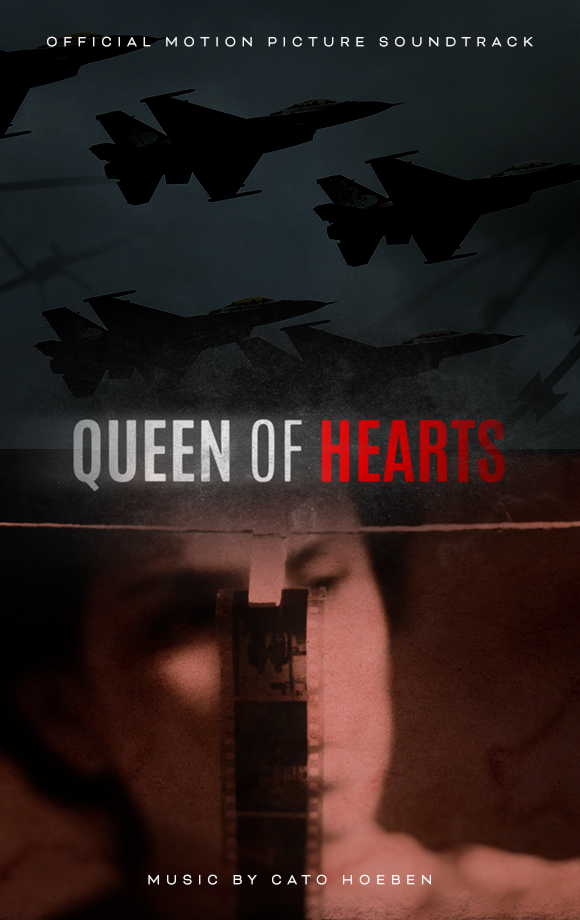Queen of Hearts
“Queen of Hearts” stands as a gripping documentary skillfully crafted by director Chema Ramos and producer Marta Alamillo from The Flow Studio. The focus is on Larissa Swirsky, a Ukrainian Nazi spy who, in a fascinating turn of events, defected to British intelligence, assuming the intriguing alias ‘Queen of Hearts.’
Larissa Swirski, a name obscure like many women in history, emerges as a pivotal figure. Hailing from the Romanov family and settled in the province of Cadiz, this young aristocrat played a crucial role in the espionage network woven in Gibraltar during the Second World War, famously labeled Spy Row by MI5.
Initially aligned with the Nazis, Larissa, driven by the atrocities unfolding, transformed into a double agent, working for the Allies. Fluent in six languages, this glamorous woman served as the muse for Ian Fleming, inspiring the creation of the first Bond-girl in the iconic film Casino Royale.
Married to a military officer and connected to General Francisco Franco’s younger brother through friendship, Larissa secured a pass, courtesy of Lieutenant Colonel Eleuterio Sánchez Rubio from the Spanish government’s ‘Straits of Gibraltar Information Service,’ allowing her to infiltrate Gibraltar. During numerous reconnaissance missions, she was often accompanied by her daughter Liana.
While the presence of a mother and daughter typically raised little suspicion, Larissa faced close calls on more than one occasion. Now, at the age of 88, Liana provides valuable insights into Larissa’s life, helping us understand and rightfully acknowledge her significant place in history.
About the score
To accompany his beautifully made film, Chema asked me to create a score that had a different tone to the many films already out there about the second World War. Specifically, he wanted me to approach the music not as a stereotypical WWII drama with purely melancholic undertones and dark sinister music, but rather to create a score that fit how Larissa’s daughter, Liana, described how the Nazi’s were ‘liberating’ people.
As such, while you’ll hear strong emotional themes with tension and some sinister cues throughout the score, you’ll also come across tracks with a magical and nostalgic feel to represent the almost celebratory language Liana uses to describe what the Nazis were doing.



